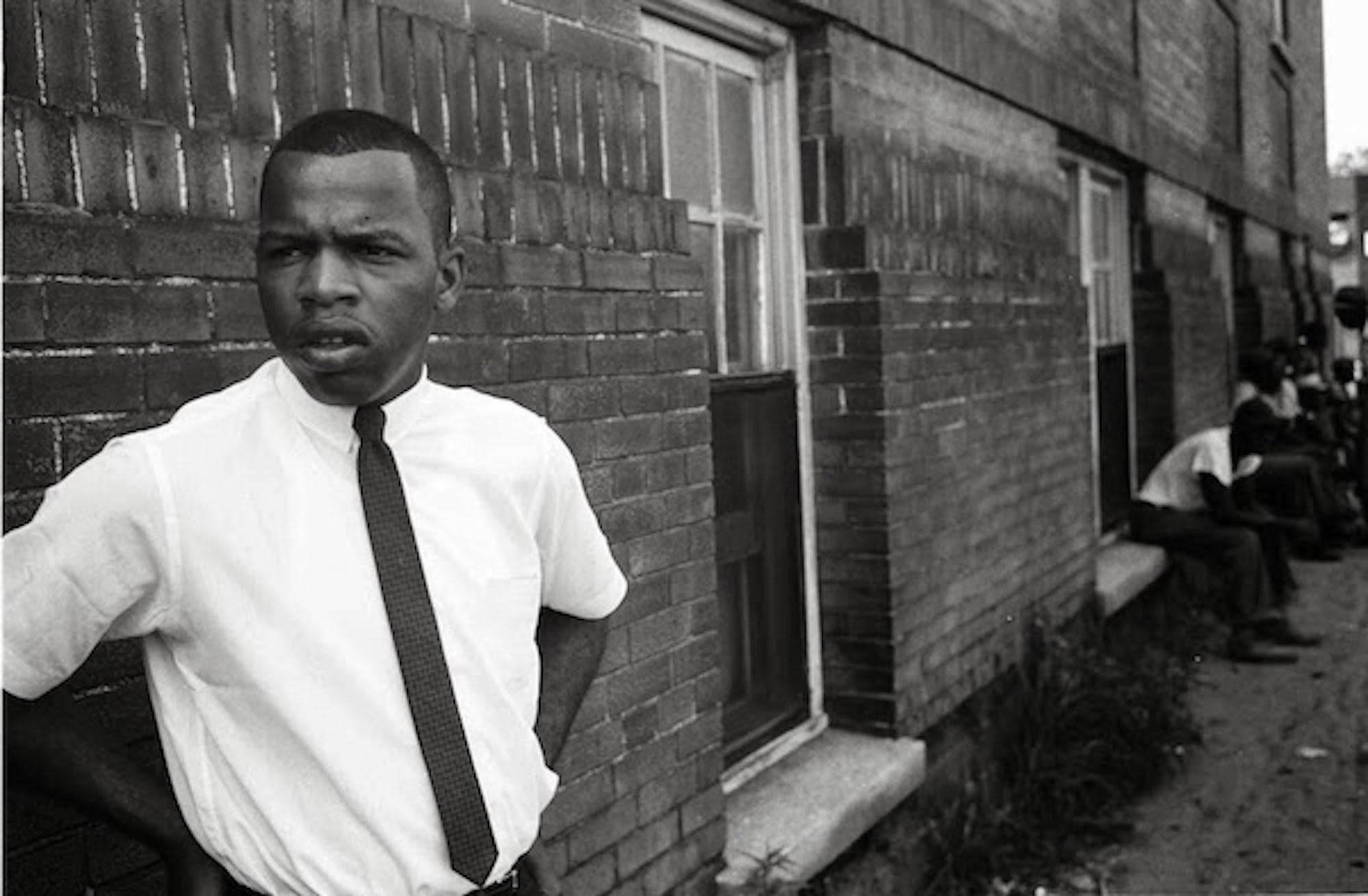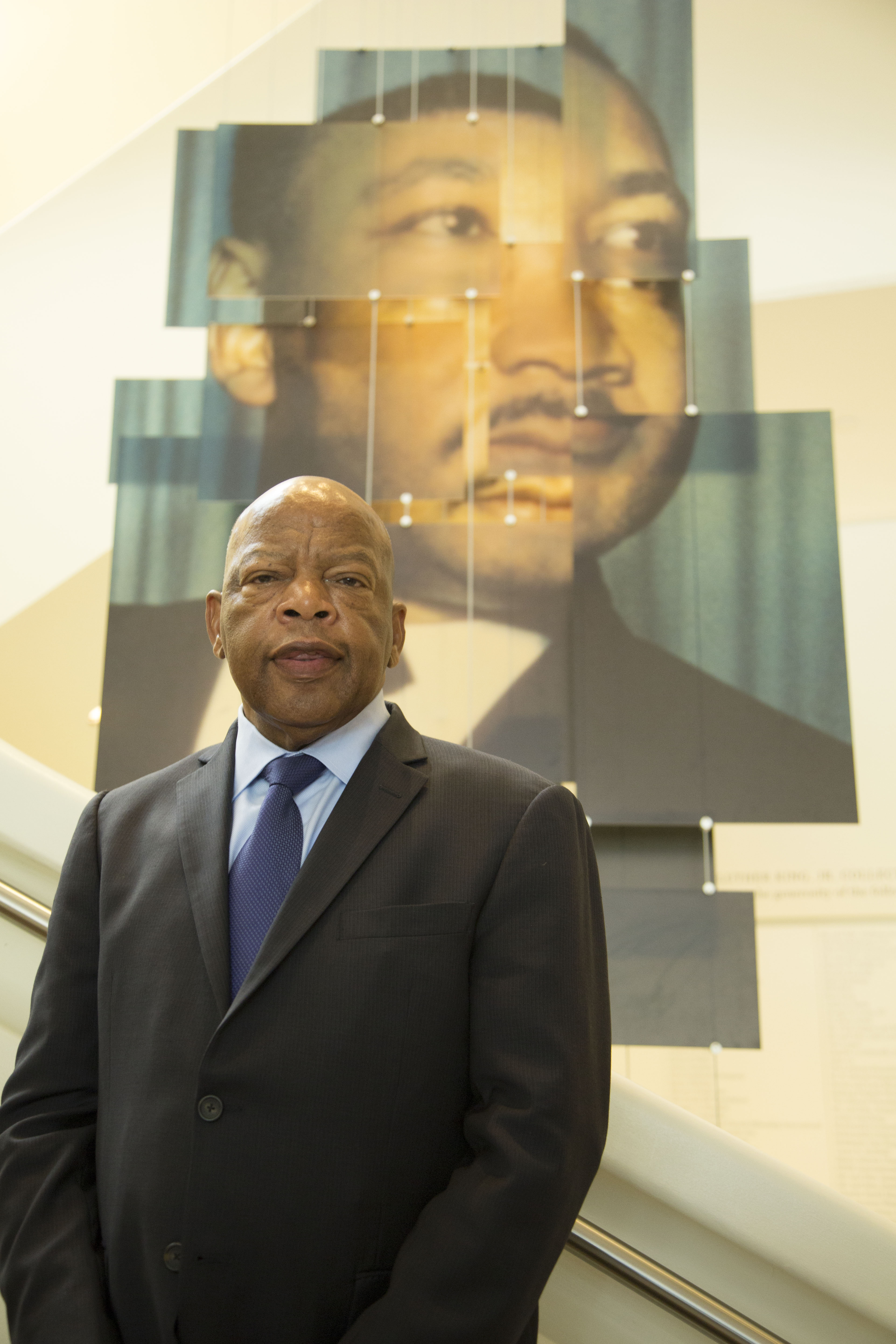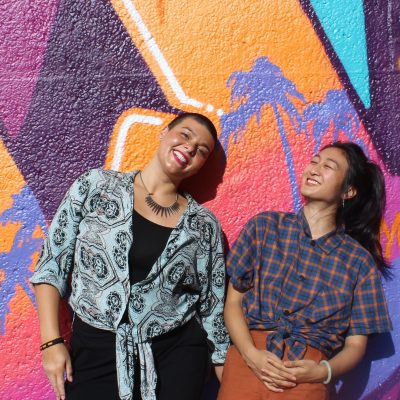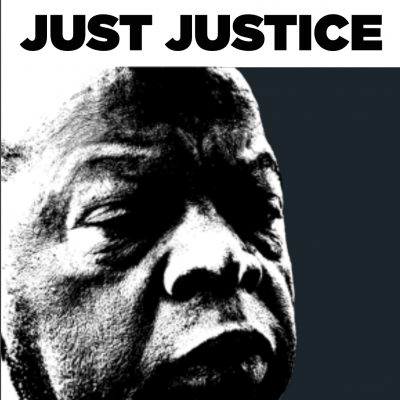Often called “one of the most courageous persons the Civil Rights Movement ever produced,” John Lewis dedicated his life to protecting human rights, securing civil liberties, and building what he called “The Beloved Community” in America. His dedication to the highest ethical standards and moral principles won him the admiration of many of his colleagues on both sides of the aisle in the United States Congress.
He has been called “the conscience of the U.S. Congress,” and Roll Call magazine has said, “John Lewis…is a genuine American hero and moral leader who commands widespread respect in the chamber.”
He was born the son of sharecroppers on February 21, 1940, outside of Troy, Alabama. He grew up on his family’s farm and attended segregated public schools in Pike County, Alabama. As a young boy, he was inspired by the activism surrounding the Montgomery Bus Boycott and the words of the Rev. Martin Luther King Jr., which he heard on radio broadcasts. In those pivotal moments, he made a decision to become a part of the Civil Rights Movement. Ever since then, he has remained at the vanguard of progressive social movements and the human rights struggle in the United States.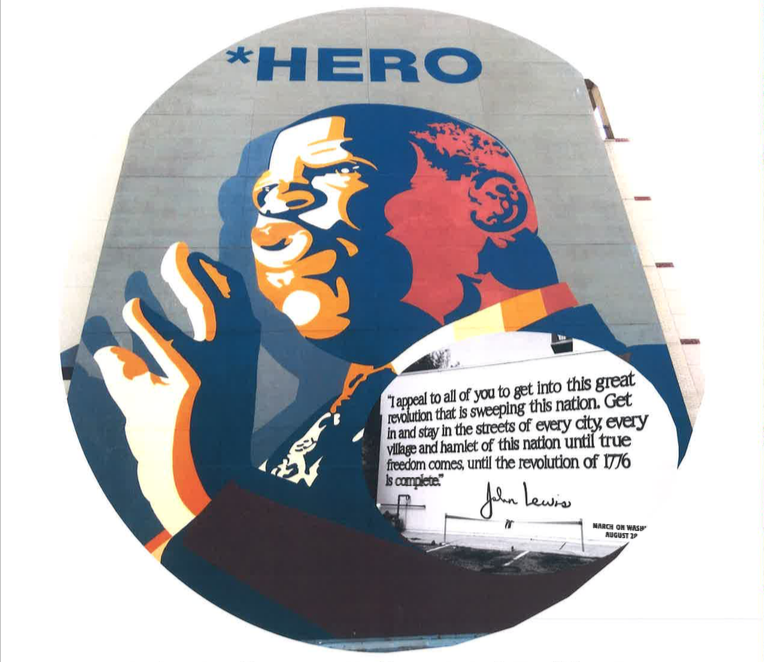
As a student at Fisk University, John Lewis organized sit-in demonstrations at segregated lunch counters in Nashville, Tennessee. In 1961, he volunteered to participate in the Freedom Rides, which challenged segregation at interstate bus terminals across the South. Lewis risked his life on those Rides many times by simply sitting in seats reserved for white patrons. He was also beaten severely by angry mobs and arrested by police for challenging the injustice of Jim Crow segregation in the South.
During the height of the Movement, from 1963 to 1966, Lewis was named Chairman of the Student Nonviolent Coordinating Committee (SNCC), which he helped form. SNCC was largely responsible for organizing student activism in the Movement, including sit-ins and other activities.

